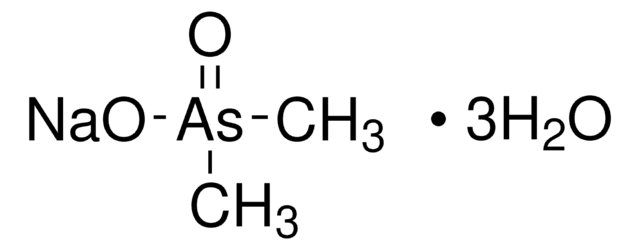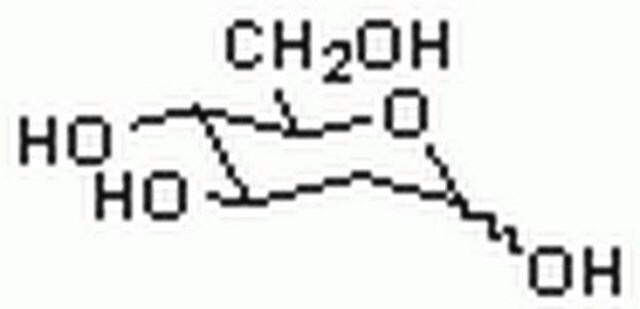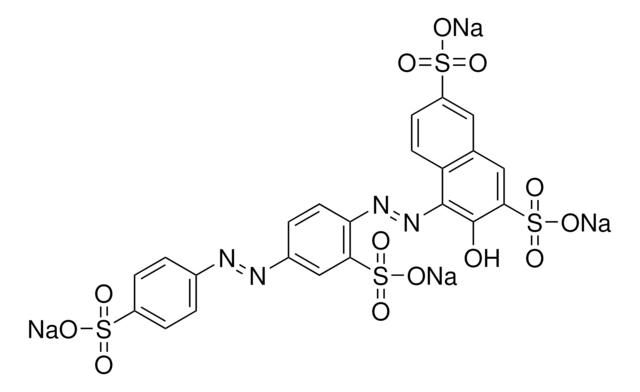X4753
XCT790
≥98% (HPLC), solid
Synonym(s):
3-[4-(2,4-Bis-trifluoromethylbenzyloxy)-3-methoxyphenyl]-2-cyano-N-(5-trifluoromethyl-1,3,4-thiadiazol-2-yl)acrylamide
About This Item
Recommended Products
Quality Level
Assay
≥98% (HPLC)
form
solid
color
yellow
solubility
DMSO: ≥10 mg/mL
storage temp.
2-8°C
SMILES string
COc1cc(ccc1OCc2ccc(cc2C(F)(F)F)C(F)(F)F)\C=C(/C#N)C(=O)Nc3nnc(s3)C(F)(F)F
InChI
1S/C23H13F9N4O3S/c1-38-17-7-11(6-13(9-33)18(37)34-20-36-35-19(40-20)23(30,31)32)2-5-16(17)39-10-12-3-4-14(21(24,25)26)8-15(12)22(27,28)29/h2-8H,10H2,1H3,(H,34,36,37)/b13-6+
InChI key
HQFNFOOGGLSBBT-AWNIVKPZSA-N
Application
- as an estrogen-related receptor (ERR)α inverse agonist in C2C12 myotubes
- as an estrogen-related receptor (ERR)α inverse agonist to elucidate decidualization functionality of ERRα in endometrial embryonic stem cells
- as an autophagy inducer in human neuroblastoma SH-SY5Y and HeLa cell lines.
Biochem/physiol Actions
Hazard Statements
Precautionary Statements
Hazard Classifications
Aquatic Chronic 4
Storage Class Code
11 - Combustible Solids
WGK
WGK 3
Flash Point(F)
Not applicable
Flash Point(C)
Not applicable
Personal Protective Equipment
Certificates of Analysis (COA)
Search for Certificates of Analysis (COA) by entering the products Lot/Batch Number. Lot and Batch Numbers can be found on a product’s label following the words ‘Lot’ or ‘Batch’.
Already Own This Product?
Find documentation for the products that you have recently purchased in the Document Library.
Our team of scientists has experience in all areas of research including Life Science, Material Science, Chemical Synthesis, Chromatography, Analytical and many others.
Contact Technical Service







